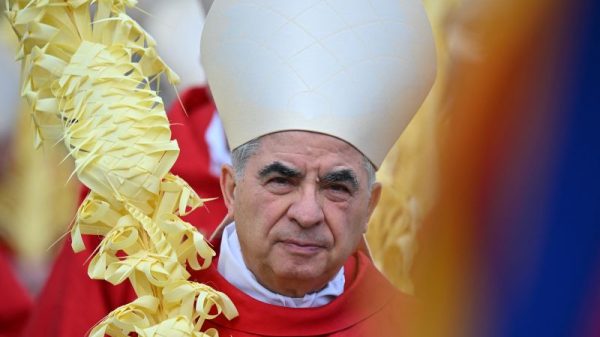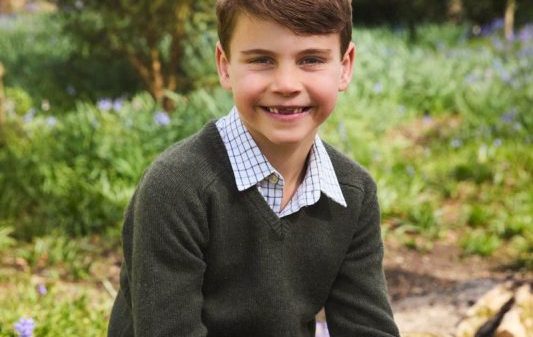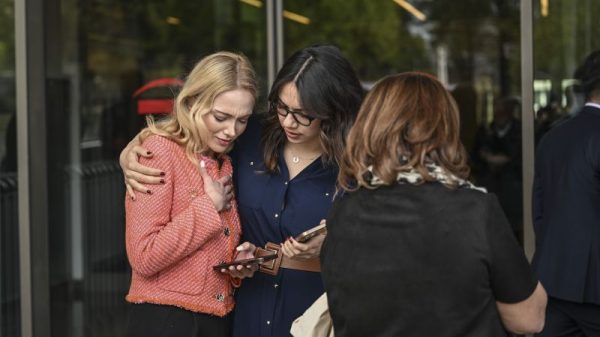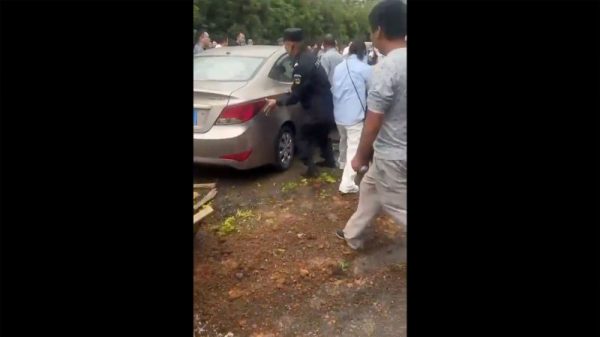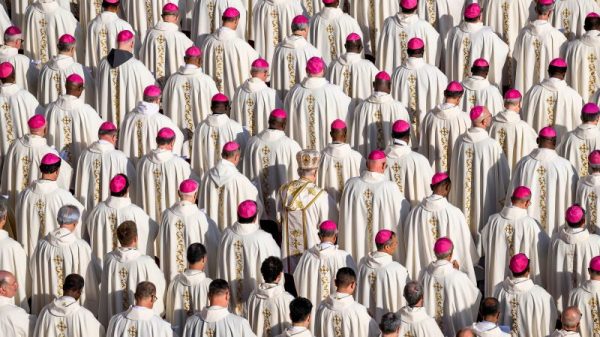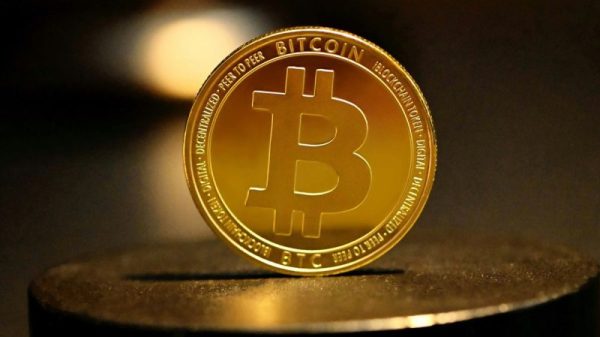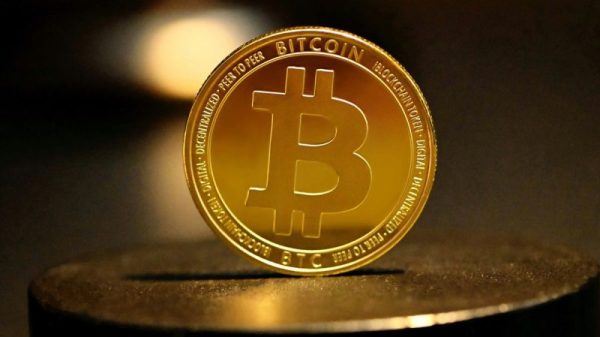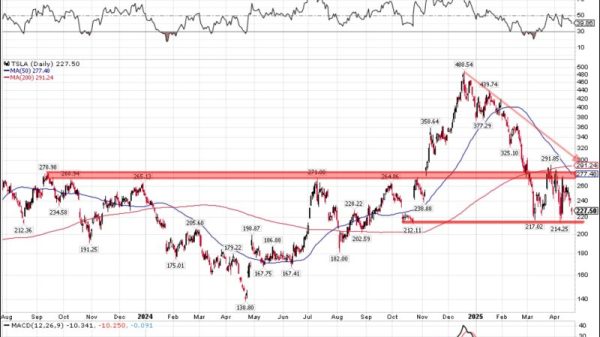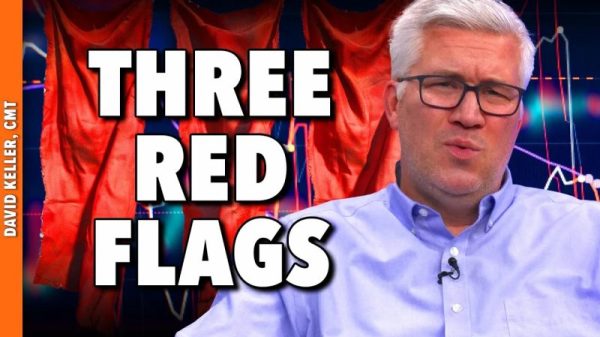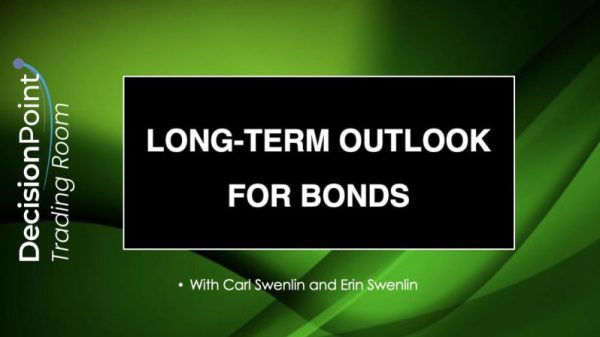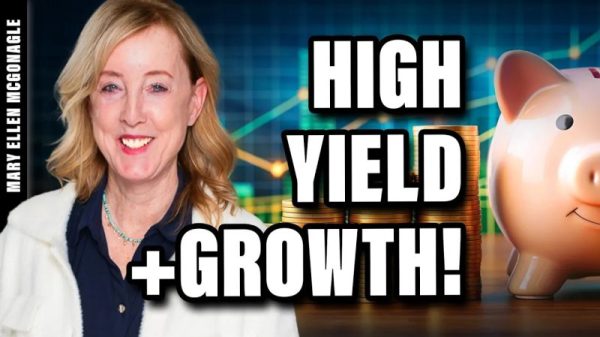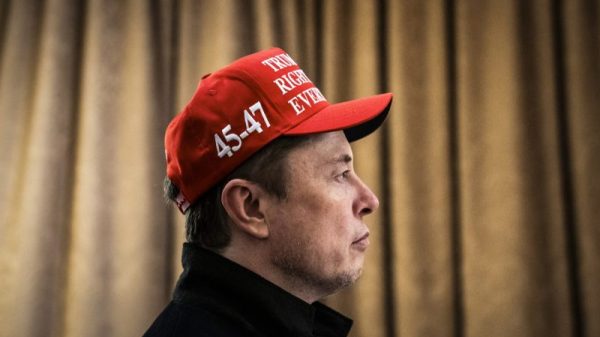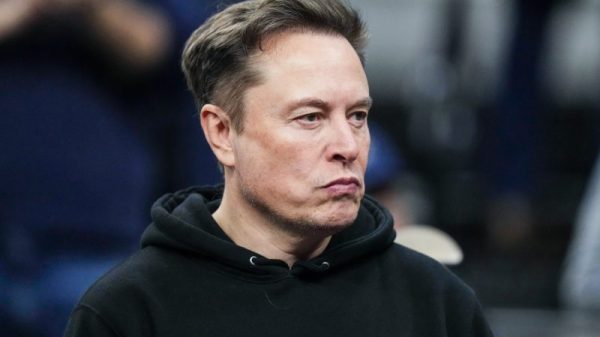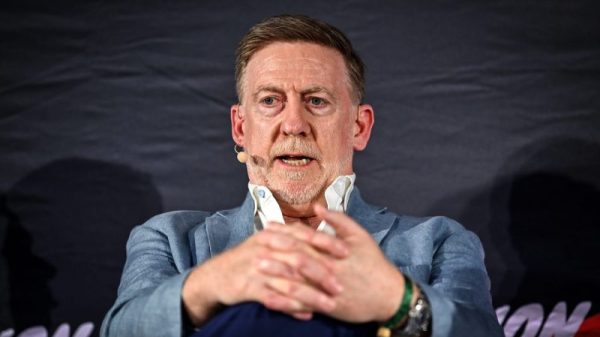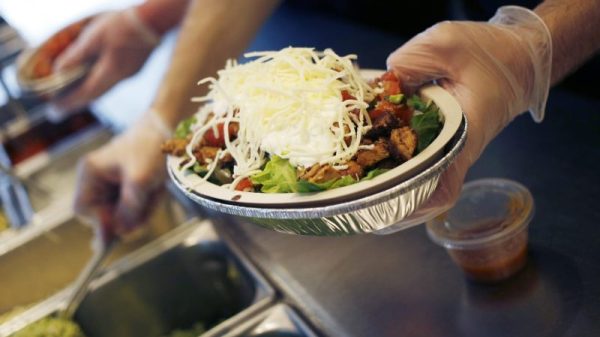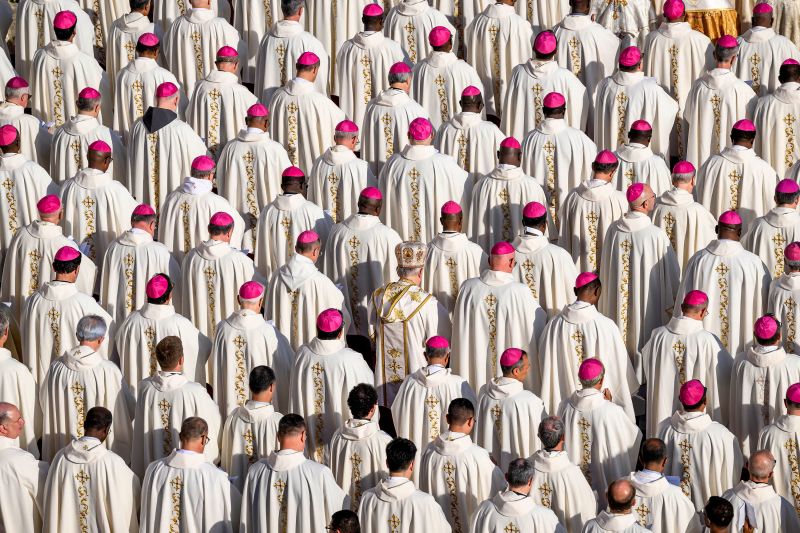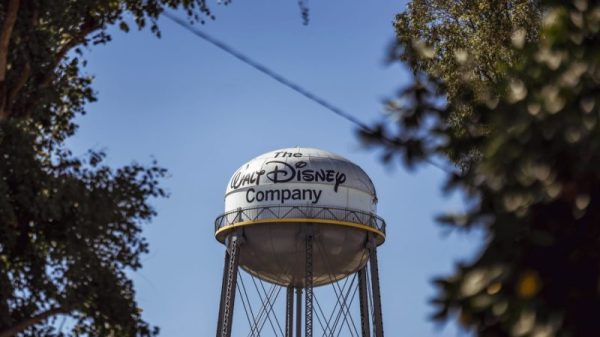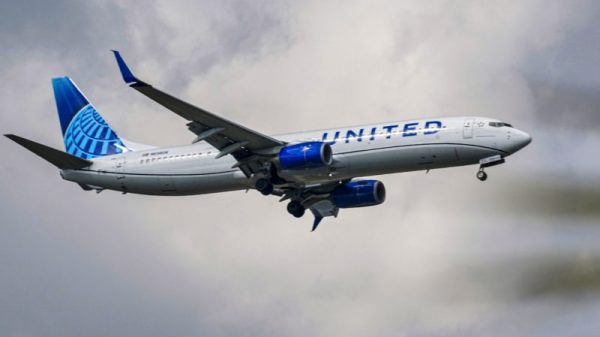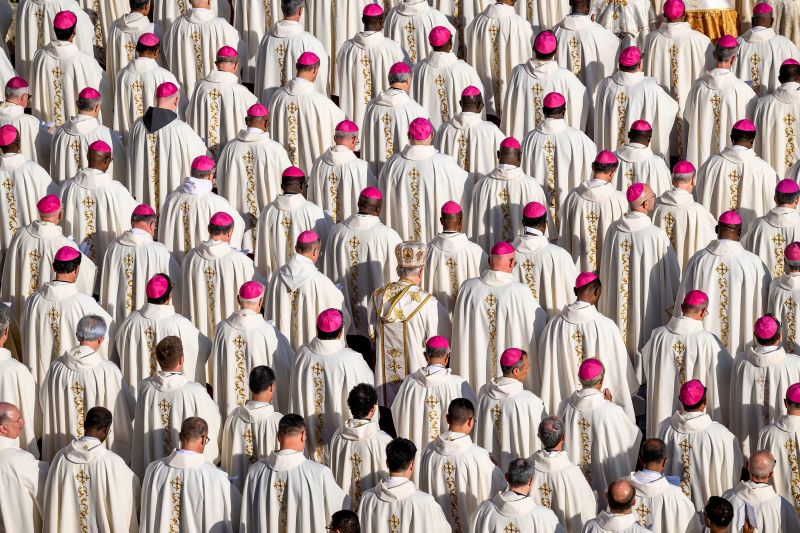
Pope Francis’ death fires the starting gun on what many see as a battle for the soul of the church – pitting those who want to continue his progressive reforms against a small but powerful group who want to reverse them.
Francis dramatically reshaped the group of prelates who will soon cast their votes for his successor in front of Michelangelo’s fresco of The Last Judgment in the Sistine Chapel.
Only cardinals under the age of 80 have a vote, and he chose most of them.
The first pontiff from the Global South, he decided to rip up the old, unwritten rule book which saw bishops of certain dioceses – most of them in Italy, Europe and the United States – automatically being made cardinals.
Instead, Francis sought to internationalize the College of Cardinals, giving red hats to a host of countries that had never been represented by a cardinal before, such as Tonga, Myanmar, Mongolia, the Central African Republic and Haiti.
His reforms made the body more representative of the global Catholic community, while the cardinals he selected, by and large, share his vision of the Church. All of this makes it more likely that the cardinals will choose a pope who represents continuity with Francis.
But conclaves can throw up surprises and, despite the reforms Francis made, there is a small, yet determined, minority unhappy with the most recent papacy, who will be looking for ways to change course.
Some of the opposition is well funded and the pre-conclave maneuvering has been going on for several years. These cardinals were concerned by Francis’s openness to giving communion to divorced and remarried couples, his welcome to LGBTQ+ Catholics and his strong criticism of what he described as “backwardist” Catholics wanting to take the Church back to a different way.
His critiques of economic inequality and focus on migrants’ rights and the climate crisis jarred with Catholics who wanted a pope to lay down the law on moral teachings.
While in hospital, the pope signed off on a three-year reform process, including how to give greater roles to women in the Catholic Church, including ordaining them as deacons, and the greater inclusion of laity in governance and decision making.
The reforms have been examined through a structure called the Synod of Bishops, which has been the primary vehicle through which the pope has implemented his pastoral agenda during his papacy. In recent years he’s sought to involve Catholics from across the globe in the renewal process.
The big question is how the next pope will continue this process, which is scheduled to continue until 2028.
The debate will likely heat up in earnest after Pope Francis’ funeral on Saturday, as attention then turns to the coming conclave – the start date for which has not been confirmed.
A group to watch carefully are the cardinals over the age of 80 who, while unable to vote, can play an important part in the vital pre-conclave meetings and informal discussions taking place in Roman trattorias or cardinals’ apartments.
A portion of these retired cardinals were not appointed by Francis, and some have opposed the direction in which the first Latin American pope tried to take the Church.
Cardinal Blase Cupich of Chicago and Cardinal Oswald Gracias, the retired archbishop of Bombay could both exercise this “kingmaker” role, as could Cardinal Christophe Pierre, the former papal ambassador to the United States or Cardinal Arthur Roche, a British Vatican official. Then there is Honduran Cardinal Oscar Rodriguez Maradiaga, who is hugely experienced, multilingual and will be supporting a candidate who is in keeping with Francis’ pastoral priorities.
Cardinal Marc Ouellet, the Canadian prelate who for years ran the Vatican’s office for appointing bishops, is also a figure likely to influence proceedings, as could Ghanian Cardinal Peter Turkson, who runs the pontifical academy of sciences, and Cardinal Timothy Dolan of New York. Some of the most critical voices come from among the retired cardinals such as Joseph Zen from Hong Kong, who has been a vocal critic of Francis and the Vatican’s diplomatic rapprochement with China.
There is also a sizeable number of cardinals who may wish to follow the Francis reforms but to do so with a pope who is more predictable and with less of the “shock and awe” of the late pontiff.
Open opposition to reforms
During the Francis pontificate, a group of cardinals took the highly unusual step of publicly challenging the pope over his decision to allow communion for divorced and remarried Catholics while, on two occasions, anonymous memos from unnamed cardinals strongly criticizing Francis were published.
The first was released under the pseudonym “Demos” and later turned out to have been written by Australian Cardinal George Pell, whom Francis had appointed as Vatican treasurer. The second, “Demos II,” accused the late pope of governing in an autocratic style and said the next pontiff must work for the “recovery and reestablishment of truths that have been slowly obscured or lost among many Christians.”
The forthcoming conclave will take place amid the glare of social media and the cardinals will need to make sure they vet candidates closely. One church historian has written about the possible “catastrophe” of a newly elected pope being forced to resign in an imagined scenario where allegations of failing to deal with a sexual abuse complaint suddenly surface online. This papal election takes place in an atmosphere where one allegation, if it sticks, could quickly torpedo a candidacy.
Then there are plenty of forces in the church seeking to influence the vote, many of them well funded, organized and with ties to the United States. In December 2024, a website, titled “The College of Cardinals Report,” was launched giving a breakdown on where the cardinals stand on blessing same-sex couples, ordaining women deacons and “Vatican-China secret accords.” The site comes from groups who are deeply opposed to the Francis pontificate.
And six years earlier, it emerged that a group in the United States was seeking more than $1 million to compile dossiers on candidates in an attempt to prevent a repeat of the conclave that elected Francis. When members of this group, “The Red Hat Report,” presented their project, they portrayed it as an attempt to improve governance and accountability within the Church and said “we may not have had Pope Francis” had it been in existence then.
For several years before the pope’s death, those opposed to his papacy had been discussing how to influence the next conclave. In 2020 two books, both titled “The Next Pope,” were published, both by authors known to be critics of Francis. One of them was even circulated among his peers by Dolan, the US cardinal, despite church laws that say prelates must not publicly discuss possible papal candidates.
A driving force behind some of the pre-conclave maneuvers was Pell, who had a formidable network of contacts and was politically skilled: the Australian prelate had reportedly pushed conservative Hungarian Cardinal Péter Erdő as a papal candidate.
After his conviction for child sex abuse was overturned by the High Court of Australia, Pell returned to Rome and took on an active role preparing for the next conclave. However, Pell’s death in January 2023 at the age of 81 left the opposition to Francis without an obvious leader.
Dividing lines
When the cardinals decide who should be elected pope, various factors will be taken into consideration. A potential dividing line might emerge over the pope’s decision to allow same-sex blessings, with several bishops in Africa and Eastern Europe strongly resisting this move. Would the African and Eastern European cardinals vote as a bloc for a candidate who is sympathetic to their views on this topic?
Francis’ choice of cardinals from very different parts of the world means that some of the papal electors do not know each other that well. Some also do not speak Italian, the working language of the Vatican (although English and Spanish are widely used). This would give an advantage to any candidate who has been able to get to know the cardinals well and has a role convening or leading them during the pre-conclave period.
In 2005, Cardinal Joseph Ratzinger’s guidance of the pre-conclave meetings, his linguistic abilities and the homily he preached at a Mass ahead of the vote played a key part in his election as Pope Benedict XVI.
After the action-packed Francis papacy, there may be other cardinals who, although supportive of the late pope, want someone who is less of a newsmaker and disruptor. They might opt to go for someone low-key.
Nevertheless, it seems likely that whoever is chosen as pope will be expected by Catholics across the world to continue with the major reforms that Francis began, and to try to continue to “institutionalize” the changes that he called for in the Catholic Church.
But don’t discount the determination of those seeking to find any way they can to slam the brakes on the Francis project.
